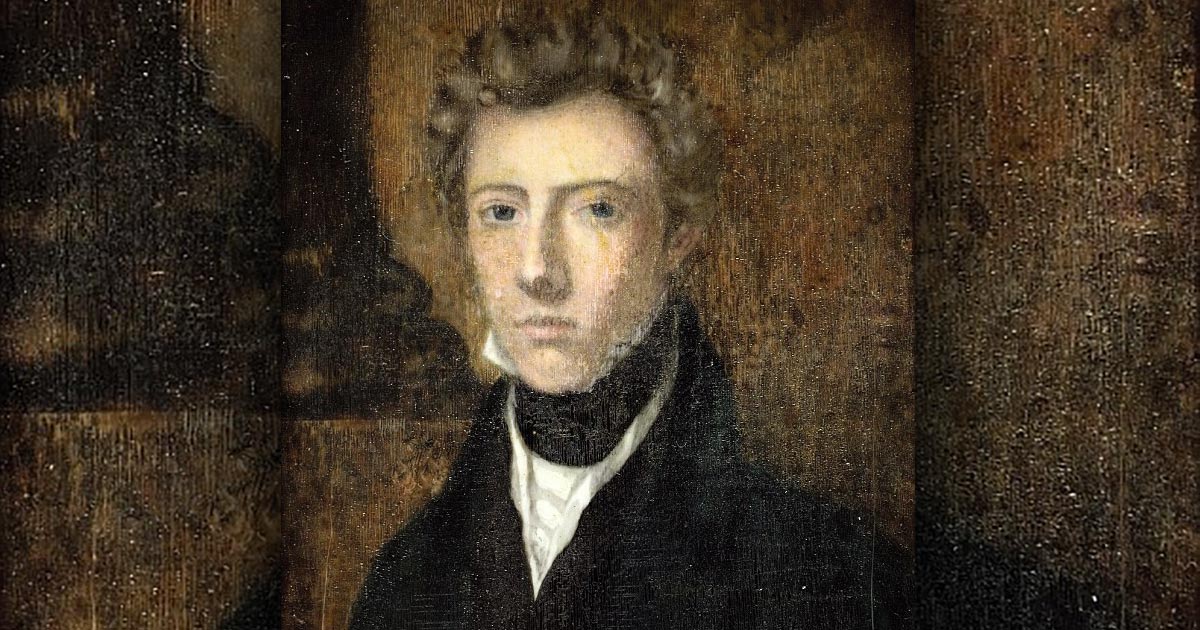The remarkable life of Dr James Barry

A portrait of Dr James Barry
Dr James Barry left his mark on the Cape Colony in the 19th century and was praised for his skill as a surgeon. No-one knew at the time, however, that Dr Barry was a transgender man, giving him a unique spot in queer history.
A stunned silence settled over the room that Dr James Barry, aged 75 or 76, had just died in. Against his final wishes, a nurse undressed the venerable military surgeon to wash his body before burial and made an astonishing discovery: Dr James Barry was anatomically female.
To be fair, some had speculated that Dr Barry wasn’t all he seemed to be. However, the truth must have come as a shock to the highly conservative British military personnel, their nurses, and maids.
It was on 25 July 1865, that Dr Barry’s transgender identity was revealed after he succumbed to dysentery. What was also surprising was that Dr Barry’s body appeared to bear the signs of having given birth.
Diverse and non-binary gender identities were not something that was part of public discourse in the 19th century, so records don’t tell us about Dr Barry’s deep thoughts and feelings on gender, queerness or sexual orientation. What we do know is that he lived most of his life as a man, making his mark on both medicine and the Cape Colony.
Dr James Barry is said to have been born in 1789 as Margaret Bulkley in County Cork, Ireland. Her desire was to become a soldier – a job certainly not within her grasp at the time due to her gender. She is said to have told her brother that, “were I not a girl, I would be a soldier!” She was also highly intelligent and was interested in studying medicine – yet another vocation out of reach for women at the time.
After her family fell on hard times when Margaret was a teen, she moved to London with her mother. They were to stay with her mother’s brother, a man named James Barry who died in 1806. Margaret seized this opportunity, took Barry’s name, began living and presenting as man and enrolled in medical school in Edinburgh, graduating at the age of 22.
It was off to the army for Dr Barry after that in 1813. After receiving a promotion to Assistant Staff Surgeon (equivalent to Lieutenant), Barry shipped off to the colonies, and settled in Cape Town for a period of ten years.
It was in Cape Town that he made an indelible mark. He arranged for sanitary measures to be raised, even creating a better water system for Cape Town. As a doctor, he treated people from all walks of life: rich, poor, colonists and enslaved people.
He also made history in South Africa for performing the first successful Caesarean section in which both mother and child lived.
There are still several mysteries that surround Dr James Barry.
He is known to have had a close friendship with Lord Somerset, the governor of Cape Town at the time. He went as far as moving into Somerset’s home. It is believed that Somerset was aware of Barry’s secret.
Speculation and rumours in the colony was rife, with many believing that Somerset and Barry were in a same-sex relationship – highly scandalous in the 19th century and certainly against the law. However, an investigation “cleared” both Barry and Somerset.
After his 10-year stint in Cape Town, Barry was assigned to Mauritius and later Jamaica, Saint Helena, Malta and Canada, among others, over the years.
There are still several mysteries that surround Dr Barry. What of the child that he apparently birthed when he was younger and calling himself Margaret? It is said – but never confirmed – that the child was the product of rape, the perpetrator believed to be an uncle. The child was raised by Barry’s mother.
And, what of Barry’s sexual and gender identity? Looking back, it is hard not to speculate. Was Barry transgender, or did he assume the identity of a man purely to get an education and live his dream, something forced on him due to the gender norms of the time?
Many believe that yes, Barry was indeed a trans man. He fully embraced a male identity, lived as a man, behaved like a man and embodied traditionally male qualities.
What is certain is that Barry occupies a small corner of queer history in South Africa and not just as a remarkable surgeon and humanitarian. He left his mark on not only South Africa in general but in queer life as well.
Leave a Reply